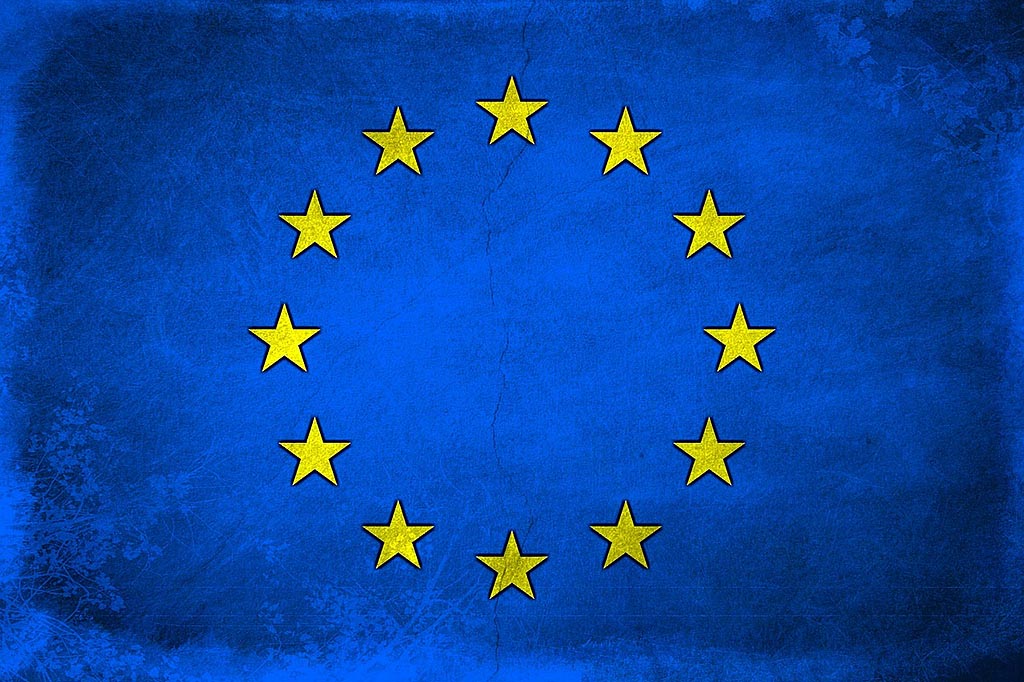By: UKOM
Today, Minister Andrej Šircelj attended the informal video conference of economic and finance ministers (ECOFIN Council). The most important topic of the session was the economic recovery in the European Union.
The European Commission presented its Winter 2021 Economic forecast. The resurgence of the pandemic delayed the recovery process. The GDP growth projections show that the EU economy will grow by 3.7 per cent in 2021 and 3.9 per cent in 2022. The European Commission forecast projects a higher growth for Slovenia in 2021 than the EU average, i.e. a 4.7per cent GDP growth, and a 5.2-per cent growth in 2022, which is an improvement compared to the autumn forecast that anticipated a 3.8-per cent growth in 2022.
In order to kick-start the recovery, the Member States are focusing on preparing national recovery and resilience plans based on the guidelines by the European Commission. The Slovenian National Recovery and Resilience Plan is also being prepared. The primary objective of the Recovery and Resilience Facility is to assist the Member States with their recovery, which is why it is imperative to focus on a prompt approval of national plans and an expedient and efficient allocation of funds. Administrative and bureaucratic burdens that could slow down the kick-start of the recovery should be reduced as well.
The ministers also confirmed the recommendation on the discharge to the European Commission for the implementation of the 2019 budget and budget guidelines for 2022, which will be adopted by written procedure. They also exchanged views on the EU’s Global Recovery Initiative, which deals with financing the recovery in developing countries and low-income countries.
On Monday, 15 February, Minister Šircelj attended the video conference of the Eurogroup. The ministers exchanged views on macroeconomic developments and policy prospects in the euro area based on the European Commission’s Winter 2021 Forecast.
“Uncertainties remain high. Hence, it’s important that the fiscal policy remains supportive. The impact of the COVID-19 crisis will differ, and some sectors will be affected more than others. The recovery will be long, but policies focused on support, structural changes, and promoting investments can contribute to it the forthcoming years. In addition to this, we must also take into consideration the green and digital transition,” said Minister Šircelj.
The ministers also discussed the international role of the euro. In its January communication, “The European economic and financial system: fostering openness, strength and resilience”, the European Commission highlights the importance of enhancing the international role of the euro as an element of the EU’s open strategic autonomy and resilience. Measures, such as promoting the use of the euro, developing euro‑denominated instruments and benchmarks, and fostering its status as an international reference currency, will enhance the European financial system and simultaneously support the European economy.
The ministers further discussed the solvency of the corporate sector. The COVID-19 pandemic has had a strong impact on the corporate sector, leading governments to help companies tackling the pandemic with guarantee schemes and deferred payments of loans. The ministers agreed that the situation in the corporate sector must be carefully monitored and that the support should not be withdrawn too soon. They also discussed how to transition from emergency measures to supportive and more targeted measures.

